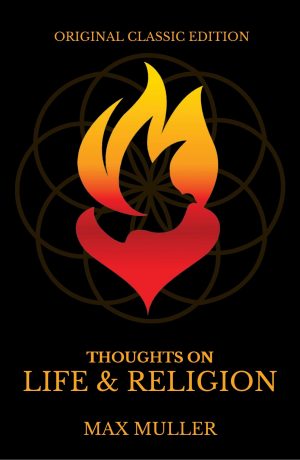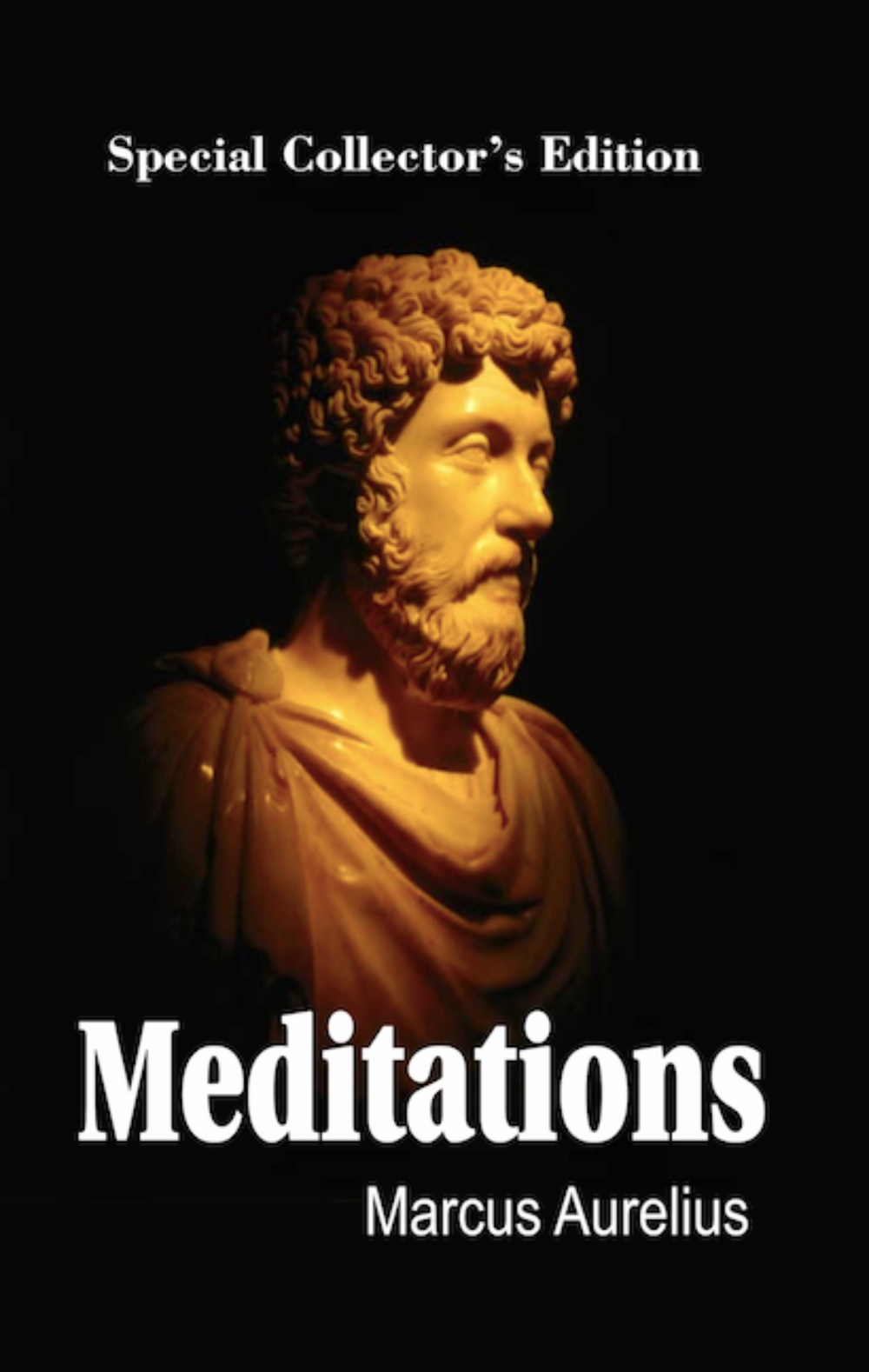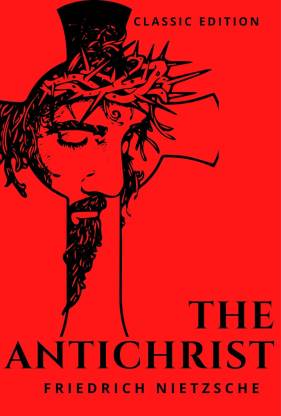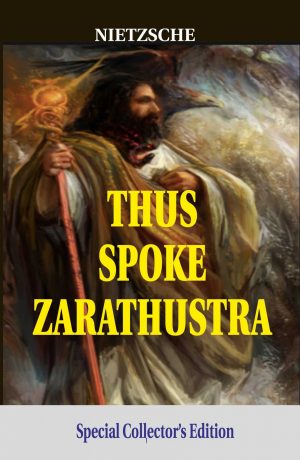“Dwell on the beauty of life. Watch the stars, and see yourself running with them.” From expressing his gratitude to the ones from whom he had learned important qualities and lessons in life to detailing his thoughts and reflections over a wide range of subjects including our mind and thoughts, life and death, goodness, self-judgement, virtuousness, nature, leadership, and human rationality, Meditations gives an insight into the inner life and philosophy of the last of the ‘Five Good Emperors,’ Marcus Aurelius. With ancient wisdom that is as relevant in modern times as it was then, Aurelius‘ Meditations is one of the greatest works of Greek and philosophical literature. A series of twelve books, it has continued to influence its readers throughout the centuries.
“Avsar Beeta Jae” has been added to your cart. View cart
Related products
-
Religion & Philosophy
Thoughts on Life and Religion ( An Original Classic Edition) by F. Max Müller (Hardback)
 Religion & Philosophy
Religion & PhilosophyThoughts on Life and Religion ( An Original Classic Edition) by F. Max Müller (Hardback)
0 out of 5(0)- ISBN-13 : 978-8182476554
- Page : 150 pages
- Dimensions : 22.5 x 14.5 x 1.3 cm
- “That is the returning to God which in reality is never concluded on earth but yet leaves behind in the soul a divine home sickness, which never again cease”. “while the river of life glides along smoothly, river; only the landscape on either bank seems to change.” F Max Muller
SKU: n/a -
Religion & Philosophy
The Antichrist by Friedrich Nietzsche, (Hardcover)
0 out of 5(0)- ISBN: 9788182478855
- Pages: 98
The antichrist’ Is Friedrich Nietzsche’s great masterpiece, wherein Nietzsche attacks Christianity as a blight on humanity. This classic is essential reading for anyone wishing to understand Nietzsche and his place within the history of philosophy. Nietzsche claimed that to understand this philosophy, the reader should be above politics and nationalism. Also, the usefulness or harmfulness of truth should not be a concern
SKU: n/a




